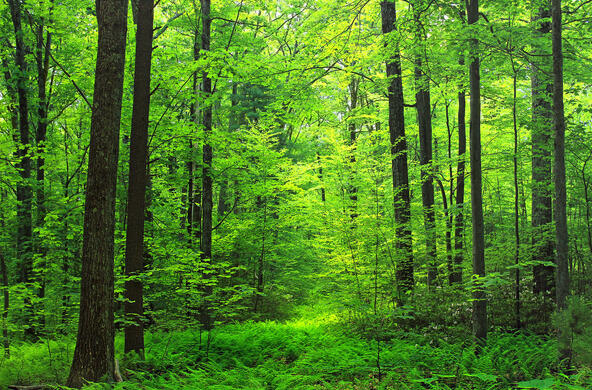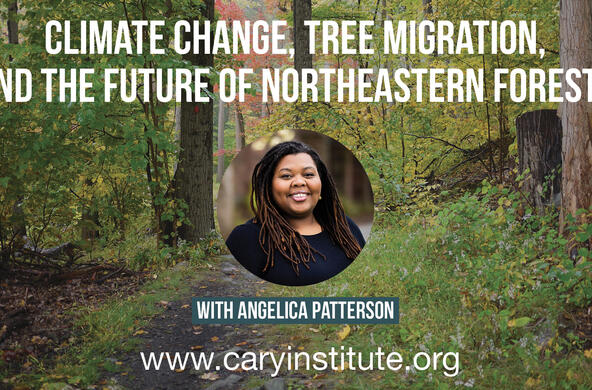I just returned from a conference at Al Gore’s farm in Carthage, Tennessee, where about 300 stakeholders gathered to discuss the contributions of farming to rising carbon dioxide in the atmosphere and what we can do about it.
Currently, our food system is responsible for about 30% of the nation’s carbon dioxide emissions, and activities on farms account for about one third of that. The ground was fertile with ideas from scientists, farmers, chefs, food system entrepreneurs, and others. The vegetarian lunches at the conference were supplied by local and organic produce—to the inspiration and enjoyment of all.
Everyone agreed that building soil organic matter was good for farming. It improves soil texture and its ability to hold water and nutrients.
Often we can build soil organic matter by less intensive farming practices, including no-till, and reductions in the use of artificial fertilizers. Reduced tillage lowers carbon dioxide emissions from farm equipment, and less fertilizer will lower the emissions of nitrous oxide—another greenhouse gas—to the atmosphere. Minimizing the time that fields are bare by planting “cover crops” is also useful.
Organic farming practices build soil organic matter, although crop yields are often lower, so more land needs to be cultivated. See: https://blogs.nicholas.duke.
Some actions to increase soil organic matter are themselves a source of atmospheric carbon dioxide emissions, including the use of fertilizer and most instances of irrigation. Applications of biochar and ground silicates to agricultural soils are associated with significant carbon dioxide emissions that largely negate the benefits of these activities vis-à-vis the atmosphere. Applications of manure to farmland are helpful to the disposal of this animal waste and to reducing emissions of methane, but they merely redistribute the organic inputs that would otherwise be added to the soil on grazing lands.
Conference participants agreed that improved farming practices, such as reduced tillage, may offer some small reductions in carbon dioxide emissions to the atmosphere. Better farming practices may also retain some soil carbon that might otherwise be in the atmosphere where it affects climate.
There are lots of reasons why greater levels of soil organic matter are beneficial. However, net uptake of carbon dioxide from the atmosphere in soils is likely to be trivial, so we can’t count on better management of soils to solve the climate crisis.
If we want to get serious about reducing carbon dioxide concentrations in the atmosphere, we must get serious about cutting carbon dioxide emissions from fossil fuels.
References
Blanco-Canqui, H., C.A. Francis, and T.D. Galusha. 2017. Does organic farming accumulate carbon in deeper soil profiles in the long term? Geoderma 288: 213-221.
Schlesinger, W.H. 2017. See: https://blogs.nicholas.duke.
Schlesinger, W.H. and Ron Amundson. 2018. Managing for Soil Carbon Sequestration: Let’s get realistic. Global Change Biology https://doi.org/10.1111/gcb.
Seufert, V., N. Ramankutty and J.A. Foley. 2012. Comparing the yields of organic and conventional agriculture. Nature 485: 229-232.
Web Extra
We really need to wake up quickly’: Al Gore warns of a looming food crisis caused by climate change | Washington Post







